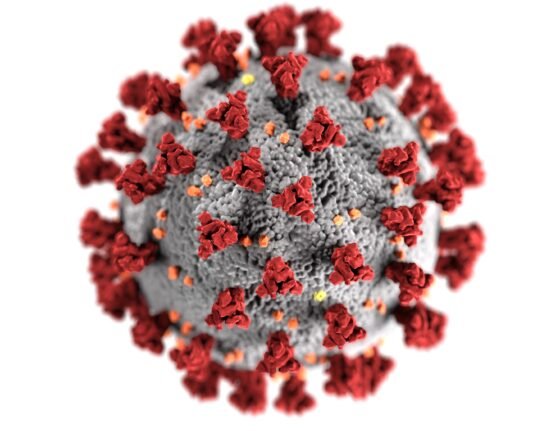HQ Team
November 26, 2022: World Health Organisation (WHO) – backed experts fear that the World Cup might prove a breeding ground for ‘camel flu’—a more deadlier infection than Covid-19 or Middle East Respiratory Syndrome (MERS).
The experts listed MERS as one of eight potential ‘infection risks’ which could crop up during the four-week-long tournament.
This deadly disease is known to kill up to a third of everyone who gets infected. The other diseases listed are Covid and monkeypox. Professor Patricia Schlagenhauf, an epidemiologist from the WHO’s Collaborating Centre for Travellers’ Health, Dr Jaffar Al-Tawfiq, an infectious disease consultant at Saudi Arabia’s Johns Hopkins Aramco Healthcare, and Dr Philippe Gautret, from Aix Marseille University in France, formed the expert team.
The team said the World Cup poses high infectious disease risks. And Qatar and neighbouring countries are susceptible.
MERS was first reported a decade ago in Saudi Arabia, and it has spread to Qatar too in the last few years. It is feared that many soccer lovers visiting the country can carry the virus back to their respective countries. Around 5,000 England and Wales fans are visiting the Arab state for the group stages.
Over 1.2 million supporters are expected to visit Qatar for one of the biggest international events since the COVID-19 pandemic. The Gulf nation’s own population is 2.8 million. And the close proximity in stadiums can make human-to-human transmission possible.
Camels are believed to be the natural host of the virus, which is from the same family as the virus behind the Covid pandemic.
There is an advisory for tourists to “be up to date with their routine vaccinations and observe the rules for safe consumption of food and drinks.” They suggest not touching the camels or drinking camel meat or milk. Anyone showing MERS symptoms, similar to a cold or flu, should seek medical advice and share their travel history, so infection can be controlled.
There is no specific treatment for the illness. Around 35 per cent of those who get MERS die as a result.
The researchers’ advisory is published in the journal New Microbes and New Infections.







